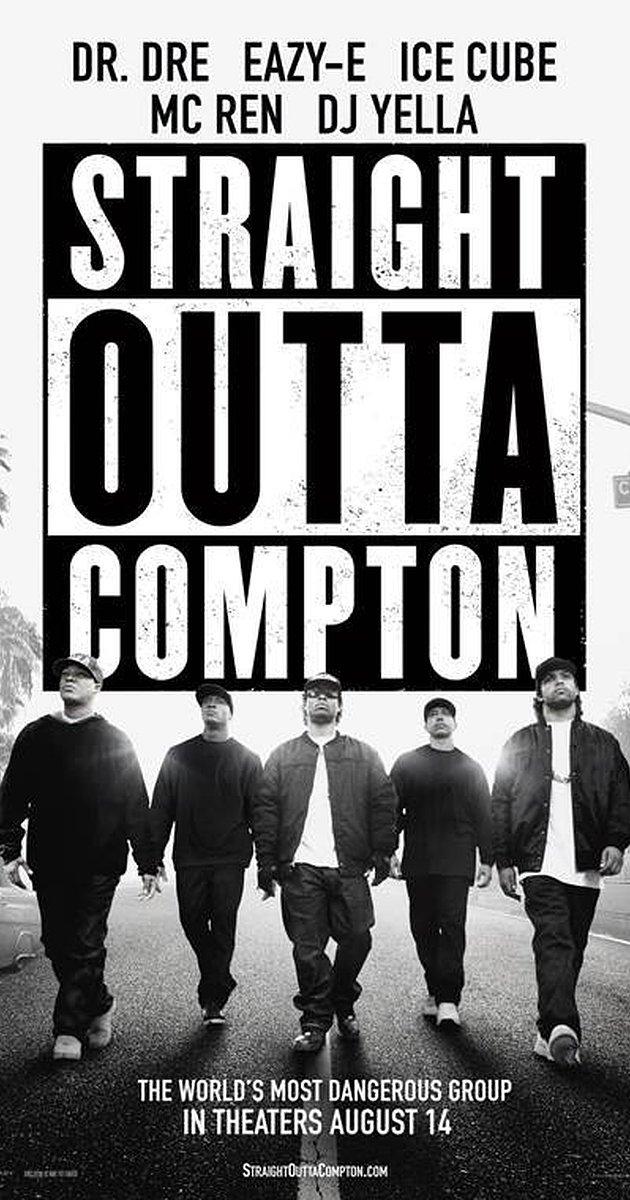Walking in another person’s shoes is a tall task for anyone to take on, especially if their size is bigger. This is the goal of a “biopic,” short for a biographical film, which focuses on recounting the life and times of a particular person. Hollywood has seen a spike in this genre lately, with many projects well on their way to theatre releases. However, as a fair amount of audiences would agree, it is not always so simple.
Before all else, actors and actresses must be granted the responsibility to portray a role as part of a source material that is most likely already revered and/or despised. The character being played is or was real at a point in time, adding to the pressure of the role. They are held to a higher expectations from the public compared to a fictional counterpart. “Straight Outta Compton,” a dramatized, biopic about the revolutionary music produced by group N.W.A, about is regarded more seriously and with more scrutiny than the fantasy, action film “Guardians of the Galaxy.” Not because one film is vastly superior to the other, but because one stands as a historical drama based on what real people risked their lives for, while the other as a fictional, sci-fi, action joyride. Both hold validity, but so is getting someone’s features right.
Some believe casting is everything in a biopic. Yet the tendency to squander this theory is remarkably easy. The debate of whitewashing is well, alive, and easy to spot. In the 2016 bipic “Nina,” Lighter-skinned Zoe Saldana was casted to play Nina Simone, a revolutionary singer who received loathsome judgement for the way she looked during the Civil Rights Movement. The production team was advised to alter her appearance: beginning dramatically darkening her skin with makeup and going as far as molding her a new nose.
Straight Out of Compton is the highest grossing biopic to date, earning over $161 million since its August 2015 release.
Concern about deceiving audiences with biopics, featuring notable names on the surface, but not doing them justice in the actual movie, has risen, too. “Birth of the Dragon,”a biopic about and intended to star Bruce Lee, instead housed a fictional friend who learns kung fu and comically pursues romance. The premise wasn’t a bad idea, but audiences of an early screening were outraged that the film’s title and promotion misled them based on what was advertised. Lee’s daughter too expressed outrage, labeling the film as a complete misunderstanding to her father’s art, philosophies, practices, and storytelling.
Of course, biopics, like any other genre, run into a multitude of problems; facing public opinion is often the first. As of now, Jared Leto is set to play Hugh Hefner in Brett Ratner’s new biopic, and while many are disrespectfully skeptical, the director thinks otherwise.
Unfortunately, most biopics rely solely on the decision of the actor they star, which falls back on a rather “hit or miss” approach that often kills a movie if a bad choice was made. If anything, biopics are about winning a lucky game of casting above. After all, their stories have technically already been written.



































